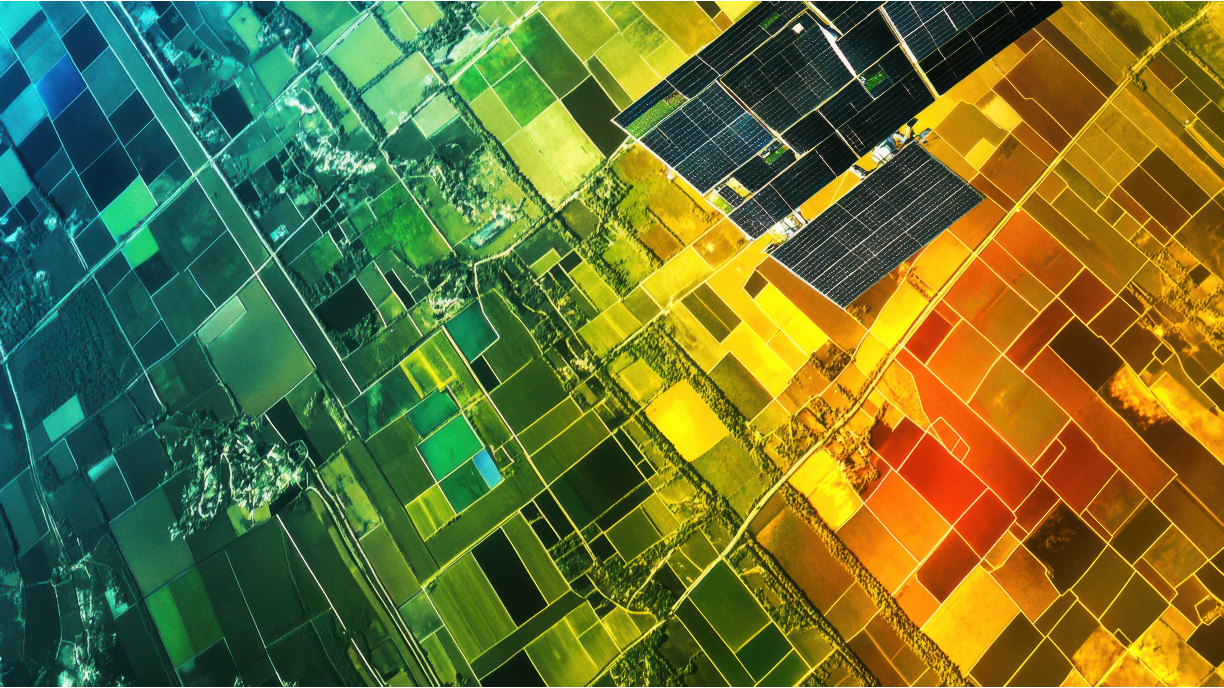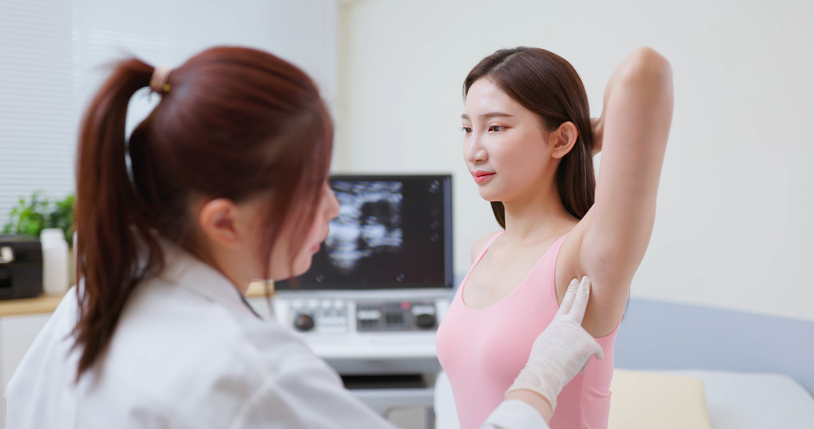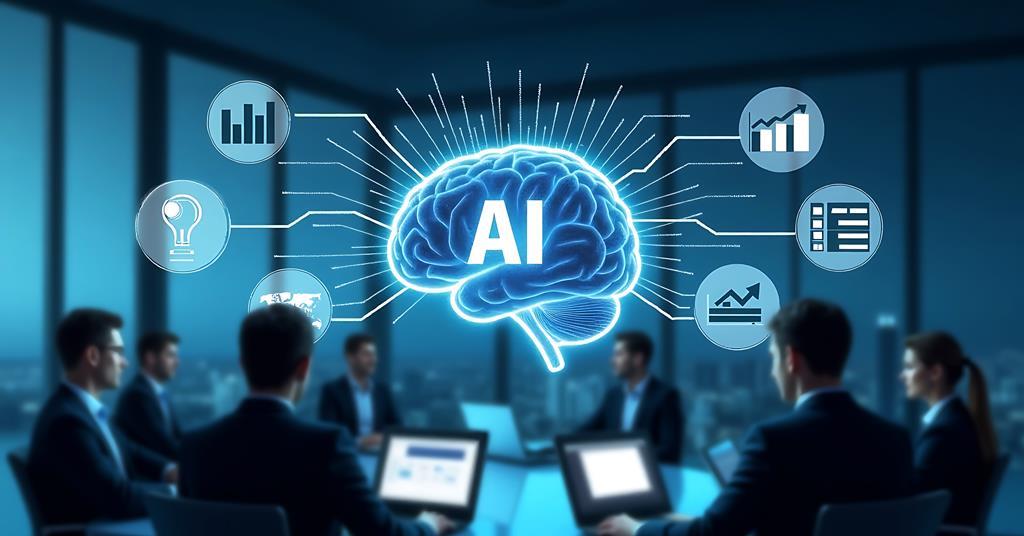Key Takeaways Hyperspectral imaging captures extensive spectral data, enabling precise material and tissue differentiation beyond conventional imaging capabilities. Applications span counterfeit detection, environmental monitoring, agriculture, food quality, and medical diagnostics, with significant accuracy improvements. AI and deep learning enhance HSI's analytical potential, addressing challenges like high costs and complex data analysis. The convergence of AI
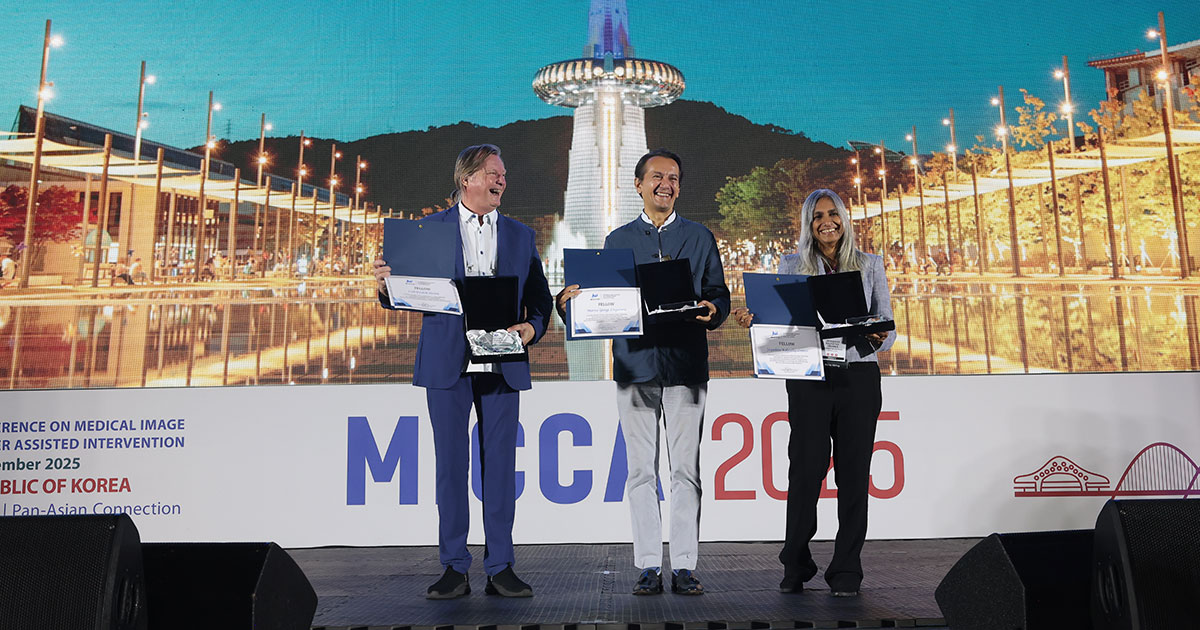
Marius George Linguraru honored as MICCAI Fellow – Innovation District
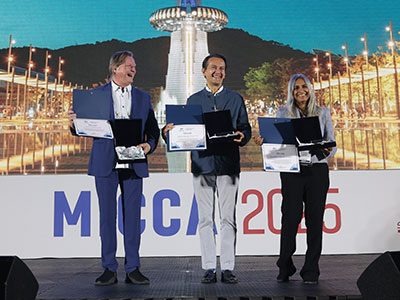
Dr. Marius George Linguraru, a global leader in pediatric imaging and AI, has been named a 2025 MICCAI Fellow for advancing quantitative imaging biomarkers and championing equitable AI in children’s health.
Artificial intelligence (AI) is rapidly transforming how doctors diagnose, monitor and treat disease. At this year’s conference of the Medical Image Computing and Computer Assisted Intervention (MICCAI) Society in Daejeon, South Korea, more than 3,300 scientists, engineers and clinicians from around the world gathered to explore that transformation firsthand. Among them was Marius George Linguraru, DPhil, MA, MS, the Connor Family Professor of Research and Innovation at Children’s National Hospital and a global leader in pediatric imaging and AI research, who was officially named a 2025 Fellow of the MICCAI Society.
The fellowship recognizes Dr. Linguraru for his “distinguished contributions to medical image computing, particularly in the development of quantitative imaging biomarkers for pediatric and rare diseases.”
The big picture
The MICCAI Society is the world’s leading organization for medical image computing and computer-assisted intervention. Each year, it recognizes researchers who have shaped the field through scientific excellence, mentorship and community leadership. Dr. Linguraru shares this year’s honor with Carl-Fredrik Westin of Harvard Medical School and Jayashree Kalpathy-Cramer of the University of Colorado School of Medicine.
In addition to receiving the fellowship, Dr. Linguraru currently serves as president of the MICCAI Society, helping to guide its global community through a new era of AI-driven discovery.
“The wellbeing of children is a core value of any society, and I believe AI is one of the most powerful tools we have to improve healthcare for all,” said Dr. Linguraru. “I stand firmly as an advocate for equitable imaging and AI, a mentor and a researcher devoted to children’s health. These values are at the heart of the MICCAI Society, my global family pushing the frontiers of science and healthcare.”
The backdrop
At the 2025 MICCAI conference in Daejeon, more than 3,300 participants came together to celebrate science, collaboration and culture. The meeting showcased the latest breakthroughs in artificial intelligence and machine learning for healthcare, including deep-learning approaches to imaging, robotics and clinical decision support.
Dr. Linguraru highlighted the growing momentum toward translating AI methods into clinical practice, as well as new partnerships with the European Society of Radiology and the European Society of Digital and Integrative Pathology that will strengthen the field’s impact.
The society also introduced new awards and grants focused on innovation, health equity and inclusivity, priorities that align closely with Dr. Linguraru’s own career-long mission to bring AI tools to children with rare diseases and limited access to care.
The bottom line
Dr. Linguraru’s installation as a MICCAI Fellow marks a defining moment for both his career and the society he now leads. It celebrates two decades of pioneering research in pediatric imaging and AI, mentorship across continents and a deep belief that technology should serve every child, everywhere.
As the MICCAI community looks ahead to Abu Dhabi in 2026 and Auckland in 2027, Dr. Linguraru’s leadership will help guide the field toward a future where imaging science, artificial intelligence and compassion work hand in hand to advance global health.

